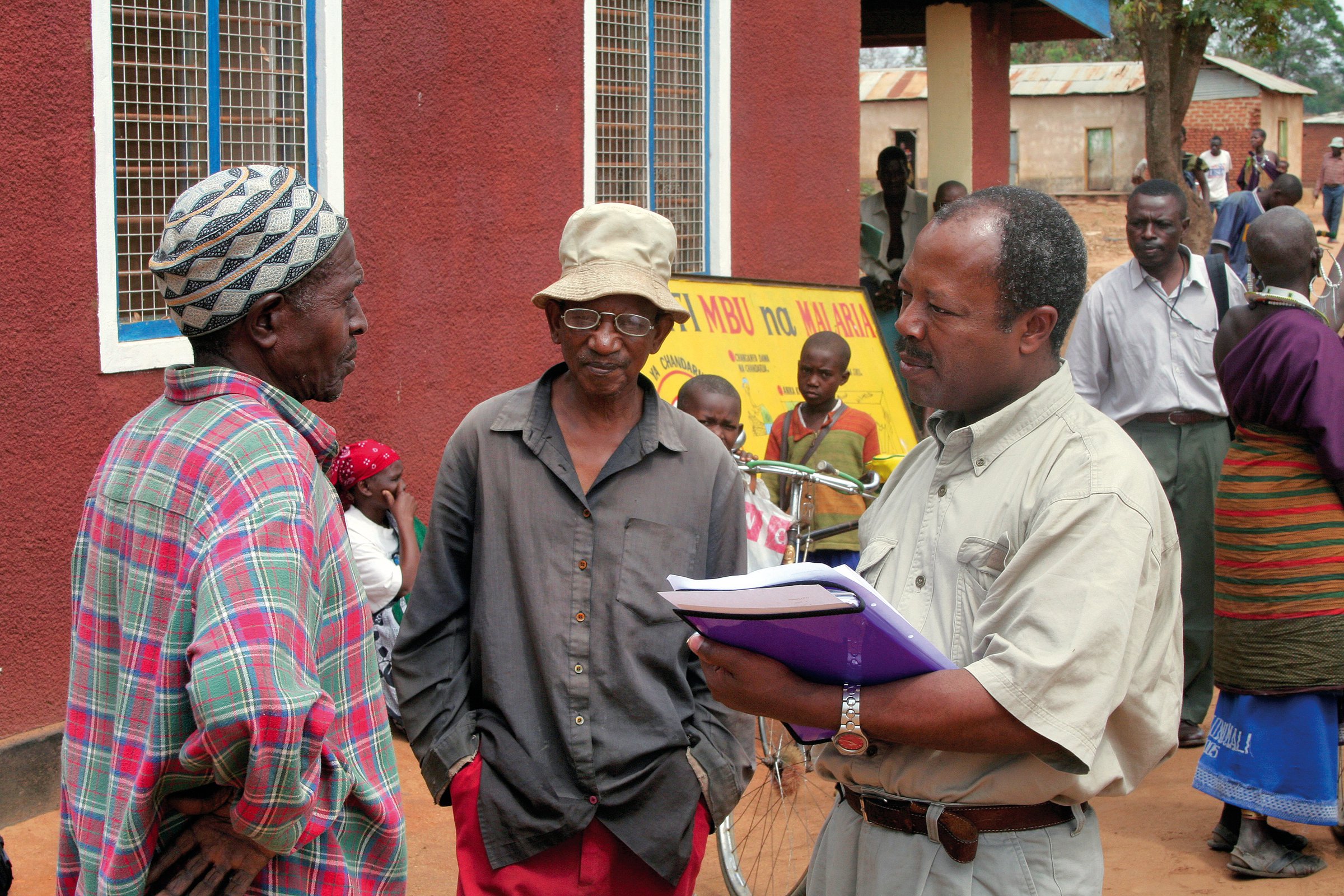Subjective evaluations of resilience are growing in popularity. As evaluators grapple with the many conceptual and technical challenges faced in measuring resilience, subjective approaches offer a number of unique advantages:
- They capture bottom-up insights from those who matter most: people experiencing shocks and stresses on the ground.
- They help reduce the burden of choosing hundreds of proxy indicators. Instead, people are asked to consider the factors that contribute to their own resilience and self-evaluate accordingly.
- They are often much shorter than traditional objective approaches. Not only does this mean that surveys are cheaper and quicker to administer, but also it opens up new possibilities for resilience data collection – including the option of administering them via mobile phone surveys.
While the advantages are increasingly clear, they are not without their own limitations. Difficulties in comparing across groups, personality traits and cognitive biases have to be considered. The good news is that many of these issues can be addressed using careful survey design.
In this how-to guide, we outline what subjective evaluations of resilience are and how self-evaluations can be collected in a robust way. We go through important steps needed in delivering a subjective survey, using the Subjectively Evaluated Resilience Score (SERS) approach as an illustrative guide. Most importantly, we reveal a number of simple tips and tricks to ensure successful resilience evaluation based on lessons learned from the Building Resilience and Adaptation and Climate to Extremes and Disasters (BRACED) programme, as well as a number of other recent case studies.

